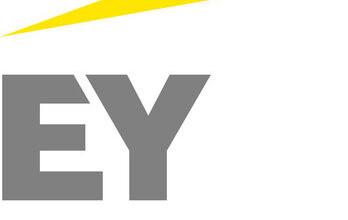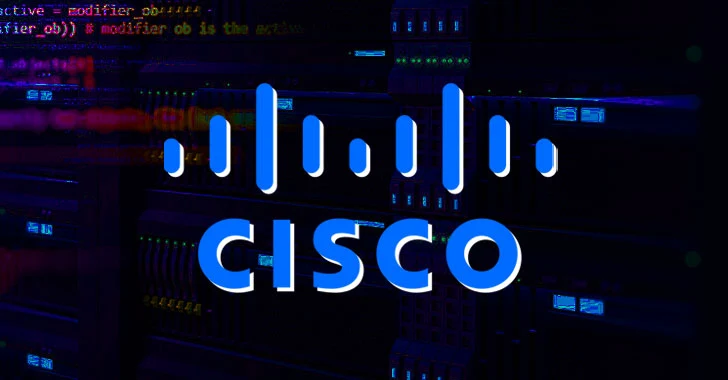Singtel’s Strategic Alliance with Tech Giants

Summary: Singtel, a leading telecom provider in Singapore, has partnered with Cisco, Fortinet, and Nokia to develop a cutting-edge Quantum Safe Network (QSN) aimed at safeguarding Singapore enterprises from quantum computing threats. This initiative will integrate advanced quantum-resistant technologies within the existing security frameworks of businesses, marking a significant advancement in cyber protection.
In a progressive initiative to address the looming threat posed by advances in quantum computing, Singtel is consolidating its forces with tech powerhouses Cisco, Fortinet, and Nokia. The coalition is focused on nurturing a quantum-safe cybersecurity environment that fortifies the encryption techniques utilized by businesses against potential future vulnerabilities. With the spotlight on quantum key distribution (QKD), a sophisticated approach to securing encrypted communications, the alliance sets the stage for a major leap in cybersecurity defense.
Cisco’s network routers, Fortinet’s robust firewalls, and Nokia’s high-speed optical devices play a vital role in this alliance, each contributing to the formidable barricade against unconventional cybersecurity breaches. The collaboration is an insightful response to the mandate assigned by Singapore’s Infocomm Media Development Authority (IMDA) to Singtel, which directs the deployment of the country’s first Quantum Safe Network by mid-2024.
The executed partnerships capture the essence of innovation, emphasizing the critical need for industry-wide cooperation to thwart the sophisticated cyber threats of the future. Singtel’s initiative serves as a monument to preemptive security—one that could potentially pave the way for a new industry standard in digital defense mechanisms.
Engaging closely with governmental bodies, including the Home Team Science and Technology Agency (HTX), Singtel is conducting comprehensive research to maximize the applicability and effectiveness of QSN. With an array of cyber-attacks on the rise and businesses perpetually transitioning to digital platforms, this alliance underlines the growing necessity for resilient cybersecurity measures that can scale efficiently alongside technological progress.
The union of these technological entities inspires confidence in the path toward a fortified, quantum-ready digital landscape, spearheaded by enterprises keen on curating a secure tomorrow. For additional details on the innovative approach to enterprise protection, refer to Singtel’s official Quantum-Safe Network offerings to grasp the full scope of this cybersecurity evolution.
Industry Overview
The telecommunications industry has long been a cornerstone of technological advancement, and as it continues to evolve, cybersecurity remains a pivotal challenge. The advent of quantum computing poses a novel threat to current encryption methods, with the potential to decrypt sensitive information that was once considered secure. The consequences for industries such as banking, defense, healthcare, and government are profound, necessitating a preemptive overhaul of cyber defenses.
Market Forecasts
With the increasing risks linked to quantum computing, the demand for quantum-safe solutions is on the rise. Market analysis suggests that the global quantum cryptography market, which includes quantum key distribution (QKD) and other quantum-safe approaches, is expected to grow significantly in the coming years. The Asia-Pacific region, led by technological hubs like Singapore, is projected to witness substantial growth due to the rapid adoption of advanced cybersecurity solutions in commercial and government sectors.
Industry Issues
One challenge facing the quantum-safe cybersecurity industry is the complexity and cost associated with implementing quantum-resistant frameworks. Furthermore, there is a pressing need for standardization and regulatory guidance to ensure that quantum-safe practices are uniformly adopted. Another concern is the growing skills gap in the cybersecurity workforce, which may hinder the deployment of quantum-safe solutions.
To support industry development and address these challenges:
For the latest insights on the telecommunications industry and advances in quantum-safe technology, visit the official sites of leading companies like Cisco at Cisco, Fortinet at Fortinet, and Nokia at Nokia. These companies are at the forefront of integrating quantum-resistant technologies into their products and are key players in shaping the future of cybersecurity.
Additionally, to stay abreast of regulatory developments and strategic government initiatives in Singapore’s Infocomm Media landscape, you can refer to the Infocomm Media Development Authority (IMDA) at IMDA, which plays a crucial role in fostering innovation and growth within the industry.
By addressing the aforementioned challenges and continuing to innovate, Singtel and its partners are leading the charge in establishing a more secure digital world in the face of quantum computing threats. As they develop Singapore’s first Quantum Safe Network, the success of this venture could indeed set a new global benchmark for cybersecurity.

Natalia Toczkowska is a notable figure in digital health technology, recognized for her contributions in advancing telemedicine and healthcare apps. Her work focuses on developing innovative solutions to improve patient care and accessibility through technology. Toczkowska’s research and development in creating user-friendly, secure digital platforms have been instrumental in enhancing the effectiveness of remote medical consultations and patient monitoring. Her dedication to integrating technology in healthcare has not only improved patient outcomes but also streamlined healthcare processes, making her a key influencer in the field of digital health innovation.



